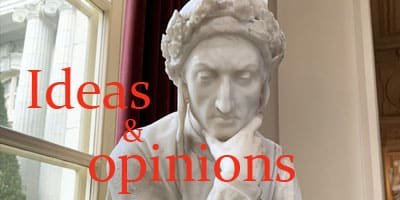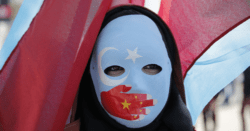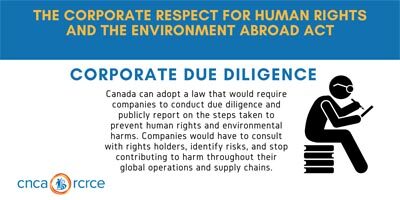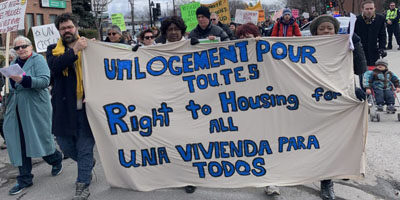“Indigenous peoples have the right to the full enjoyment, as a collective or as individuals, of all human rights and fundamental freedoms as recognized in the Charter of the United Nations, the Universal Declaration of Human Rights and international human rights law.” – UN Declaration on the Rights of Indigenous Peoples, Article 1.
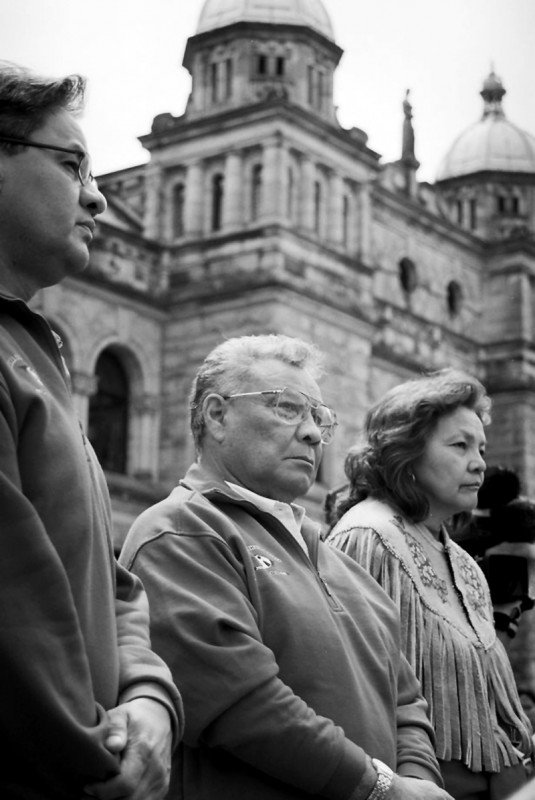
In June 2006, Canada was one of only two countries on the UN’s Humans Rights Council to vote against the adoption of a Declaration on the Rights of Indigenous Peoples. The declaration was also opposed by Canada, along with the United States, Australia and New Zealand, on Sept. 13, 2007 when it passed the UN General Assembly 143-4.
After years of Canadian participation in working groups creating the draft document, the votes were a dramatic reversal that stunned the international community and disappointed native groups in Canada.
The reasons for the government’s opposition to the convention were provided by the head of Canada’s delegation to the UN Human Rights Council, Ambassador Paul Meyer, in a letter to the President of the Council on the eve of the 2006 vote. Reflecting the Harper government’s concern that obligations under the agreement are too restrictive of government policy, the main objections are that:
1) “Current provisions on lands, territories and resources are broad, unclear and capable of a wide variety of interpretations” and could challenge certain treaties already in existence,”
2) “Provisions could also hinder our land claims processes in Canada,”
3) “The concept of free, prior and informed consent is used in many contexts within the Draft Declaration. It could be interpreted as giving a veto to indigenous peoples over many administrative matters, legislation, development proposals and national defence activities which concern the broader population and may affect indigenous peoples,” and
4) “In relation to self-government provisions, the text does not provide effective guidance about how indigenous governments might work with other levels of government, including laws of overriding national importance and matters of financing.”
Native groups are angry that the Conservative government has reversed Canadian policy at the international level, but also because of setbacks nationally.
The Kelowna Accord
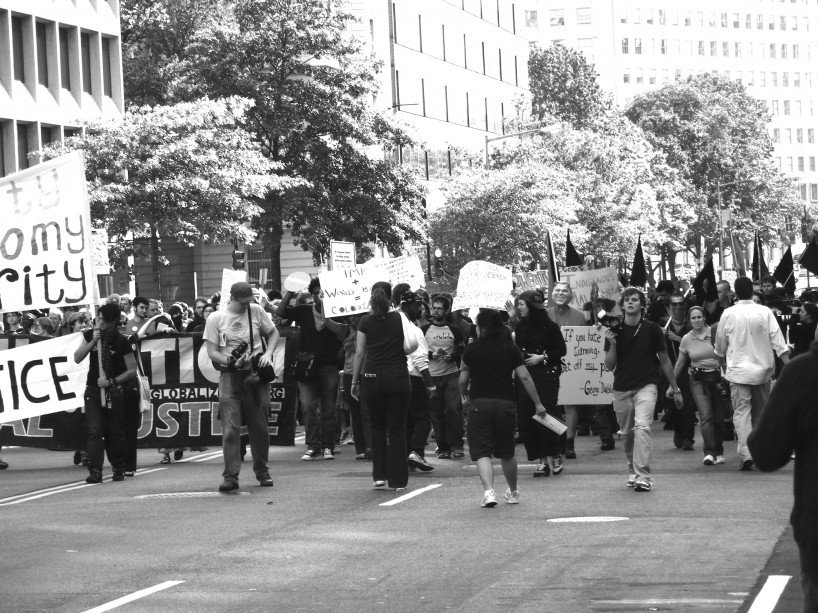
Courtesy the Union of BC Indian Chiefs and Title and Rights Alliance
The issues of concern include the Conservative government’s refusal to honour the Kelowna Accord, which would allot billions of dollars to fight poverty and disease amidst concern about rising HIV/AIDS infection in native people, and reversal of policy on fishing rights.
The result of eighteen months of negotiations, the Kelowna Accord committed $5.1 billion over five years to the improvement of native health, education and housing. A priority for the Liberal government of Paul Martin, the Accord was finalized with the heads of five national native groups and by all provincial premiers and territorial leaders just before the Liberal defeat in the November 2005 election.
“The Kelowna Agreement is something that they crafted at the last moment on the back of a napkin on the eve of an election,” Conservative Member of Parliament and future Cabinet Minister Monte Solberg stated in a radio interview in January 2006. “We’re not going to honour that. We will have our own plan that will help natives a lot more than the Liberals.”
To calm the ensuing uproar from opposition parties and native leaders, the Conservatives claimed to respect the targets of the Accord but insisted that the financial apparatus for dispensing the aid was not well defined. When the government tabled its 2006 budget, the $450 million allocated for the improvement of living conditions on reserves fell far short of the Accord’s goals, upsetting native groups.
“It is ironic that the federal government saw fit to invest in combating epidemics of tuberculosis and HIV/AIDS in developing countries, while many First Nations are living with these diseases, and there is no new assistance for them,” said Phil Fontaine, head of the Assembly of First Nations.
Health
Native people are at least twice as likely as other Canadians to contract tuberculosis, diabetes or AIDS/HIV, according to Health Canada. Native life expectancy is five to seven years below the national average, according to its 2001 data. Infant mortality and youth suicide rates are also higher among native people. When the Department of Indian and Northern Affairs applied the UN’s Human Development Index specifically to native communities, they compared to Third World conditions.
“Every day, at least one First Nations person learns he or she is HIV positive,” said Chief Angus Toulouse, chair of the Assembly of First Nations’ Chiefs Committee on Health. “Every day, hundreds of First Nations men, women and children are suffering, and dying, from a disease that is entirely preventable.”
Fisheries Management
Prime Minister Harper stirred up frustrations in the Fraser River area of British Columbia in a letter to the editor of the Calgary Herald on 11 July 2006, where he stated that that his government would “oppose racially divided fisheries programs.” This would set aside efforts of the Department of Fisheries and Oceans to negotiate a fisheries management system with native groups following a 1990 Supreme Court of Canada ruling in favour of native fishing rights.
Chief Stewart Phillip, the president of the Union of BC Indian Chiefs, summed up the frustration with the government’s policies toward native peoples, saying, “Canada’s consistent and evolving discriminatory actions towards Indigenous People at both the domestic and international levels have been disgraceful.”
Declaration Passed Without Canada
When the UN passed the non-binding Declaration on the Rights of Indigenous Peoples in September, Canada’s UN ambassador John McNee reiterated for CBC News the government’s objections from June 2006: unclear wording, possible veto power for native peoples, and conflicts with the Charter and current activities that McNee says are now helping First Nations communities.
